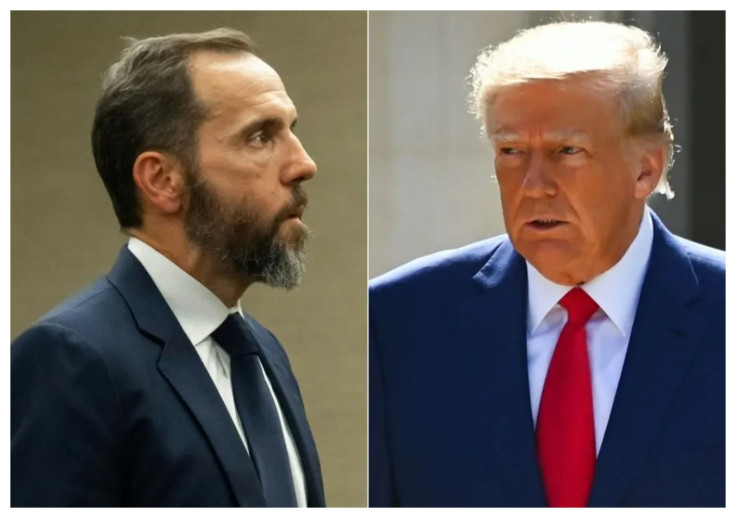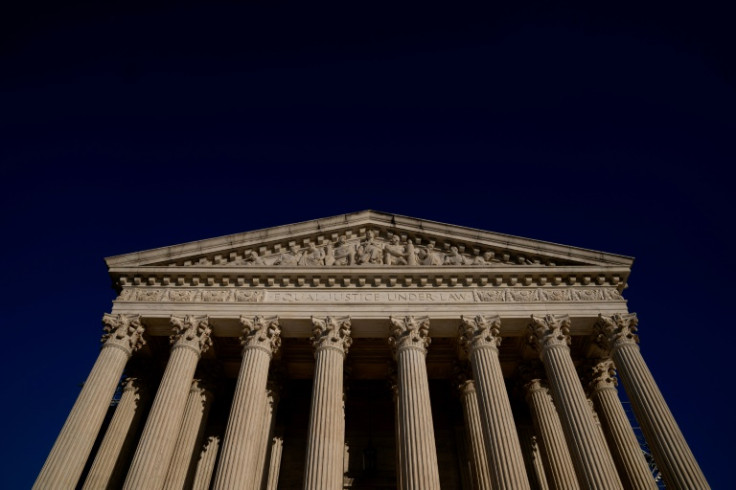
Special counsel Jack Smith, who became a central character in President-elect Donald Trump's legal woes, has filed to drop the federal election subversion and the mishandling of classified documents cases against him. Experts are now questioning what this means for presidential immunity moving forward.
Smith's criminal pursuit of Trump over the last two years for trying to subvert the 2020 presidential election and his mishandling of classified documents represented a unique chapter in American history, CNN reports— never before has a former occupant of the White House faced criminal charges.
Meanwhile, in New York, where he was convicted of 34 felony counts over his hush money case, judge Juan Merchan— who is overseeing the case— decided Friday to postpone Trump's sentencing as he still weighs whether to freeze the case or dismiss it. Trump's lawyers are seeking to dismiss the case altogether.
Smith left the door open to, in theory, seek the charges again once Trump leaves office, but the statute of limitations is likely to have run by then. But as Trump is set to be officially inaugurated into office come January, experts are seeking answers to constitutional questions on presidential immunity.
Over the summer, the Supreme Court ruled in an opinion written by Chief Justice John Roberts, that the Constitution implicitly grants presidents presumptive immunity from prosecution over their official actions. That decision left Trump's criminal cases in a limbo as prosecutors, defense attorneys and judges grappled with what the new law of the land entailed.

The case, however, left two big questions unanswered. One is the extent of the protection from prosecution offered to former presidents as they now have a not-fully defined immunity for official acts taken while in office. The other is whether, when a president is suspected of committing crimes, the Justice Department can avoid conflicts of interests by bringing in an outside prosecutor to lead a semi-independent investigation into the matter, according to The New York Times.
"There were a number of different ways of interpreting the Supreme Court's immunity decision, and now, at least for a while, we are not going to get any further answers from the Supreme Court," said Jack Goldsmith, a Harvard Law School professor and former senior Justice Department official in the Bush administration.
Goldsmith also noted there could be a chance that the question of outside special counsels comes before a court again if the Trump administration Justice Department appoints one. Such a step would require defying the arguments made earlier by Trump's personal defense lawyers, several of whom he has said he will nominate to top department positions, and adopting the arguments put forward by the Biden Justice Department to defend the legality of outside special counsel appointments, The New York Times explains.
Smith had taken a narrow view of the Supreme Court's immunity ruling, holding that most of Trump's actions cited in the original indictment could be subject to prosecution. Trump' legal team, however, had maintained that nearly everything in the indictment should be interpreted as official conduct and deemed immune.
Upon dismissing Trump's case, Smith also said that prosecutors were keeping their case on mishandling classified documents alive against two of Trump's employees. The case is before the 11th US Circuit Court of Appeals, which is reviewing Judge Aileen Cannon's order dismissing all charges.
Cannon's previous dismissal has brought skepticism in the legal field, in part because she was dismissive of precedent by higher courts and in part because she had a history of showing Trump unusual favor, only to be overruled by an appeals court.
Trump had previously said he would fire Smith once he retook office, shattering previous norms around special counsel investigations.
© 2025 Latin Times. All rights reserved. Do not reproduce without permission.




